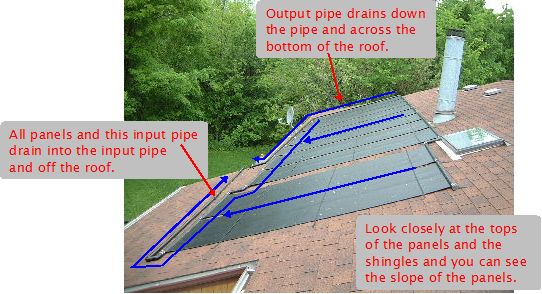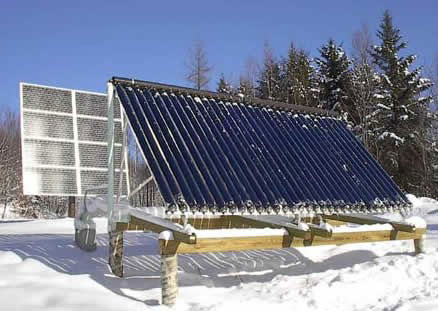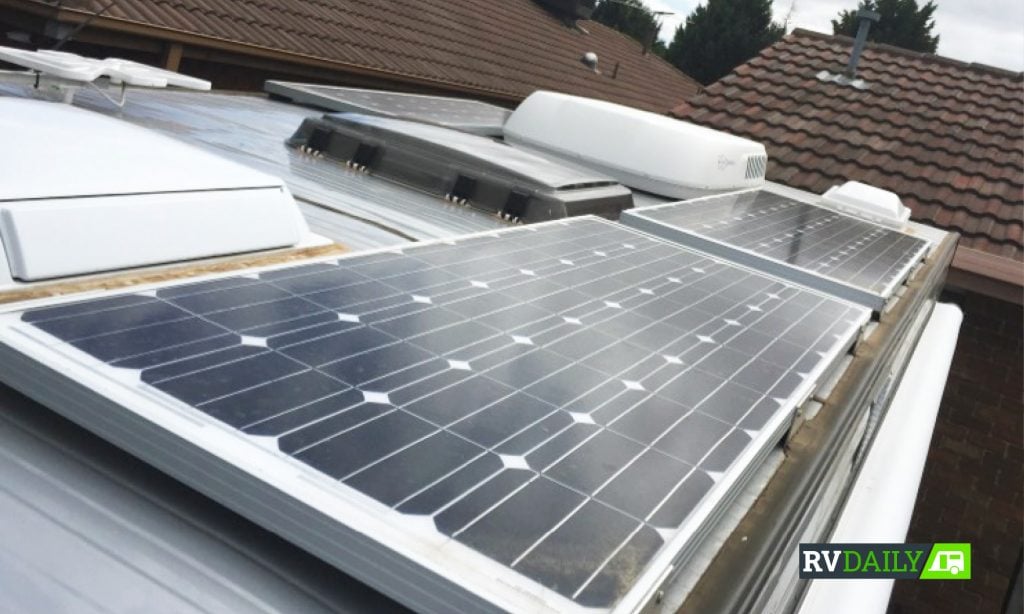Draining Solar Panels In Winter

However it can present a problem because most renewable energy systems have the shortest days i e.
Draining solar panels in winter. Then once winter rolls around you can use that stored electricity to make up for the reduced output from your panels. Common battery storage solutions such as tin shelters refrigerators or homemade boxes offer little protection from cold winter temperatures. If your installation does not allow for gravity drainage the system must be manually drained. In fact photovoltaic pv solar panels work more efficiently when it is cold.
For this reason you will likely need to rely more heavily on your boiler immersion heater or other backup water heating system as the solar thermal installation will not be contributing the same ratio of your homes hot water. Solar panels are very efficient but the bottom line is if you live off grid you. An average day of solar generation in winter. The white snow can also reflect light and help improve pv performance.
Short answer yes they do. Even when solar panels are completely covered by snow they can still generate electricity. It doesn t snow every day and most days my solar panels are clean. Solar panels convert sunlight into electricity.
Winter will only hurt solar production if the panels are covered with snow. Sustaining your solar power during endless cloudy months can be a challenge. However it will be a lot less efficient than it is over the summer. The draining of my pool solar system for winter.
Turn the circulating system off and allow at least 30 minutes for the solar collectors and piping to drain. This is what that looks like. If every day was like this i d get 120 kwh for the month which is pretty exactly what my 5 year. A common myth is that solar panels do not work during winter.
Lowest solar production and highest loads during the winter when capacity is lower. Here in buffalo an average day in winter is just grey. Yes a solar thermal system does work in winter. Florida solar design group 65 252.
As long as there is sunlight falling on the panels it does not matter how hot or cold it is. The sun rises at 8 am and sets at 4 pm. In the summer when your panels are taking in large amounts of sunlight and producing more energy than you need the excess electricity charges the batteries. Heavy snow can limit the amount of energy produced by solar panels but light is still able to move through the snow and forward scattering brings more light to the solar cells than one might expect.
Interestingly the cold temperature will typically improve solar panel output. Do solar panels work in winter.














































